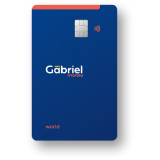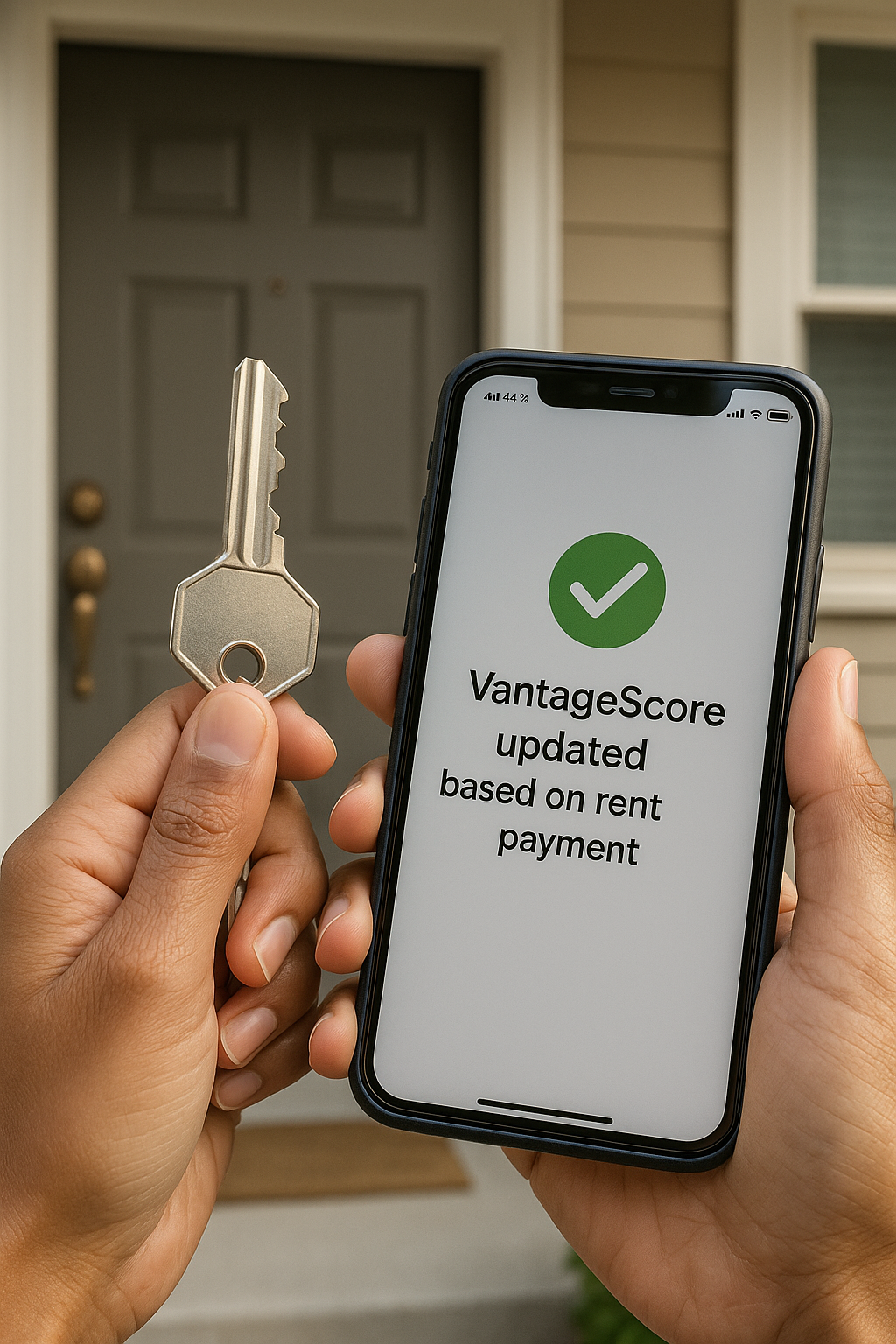
When you’re earning income as part of the gig economy, paydays might ebb and flow. Without a steady or predictable income, planning for the future by creating a financial safety net one step at a time can positively impact your wellbeing.
As a gig worker, you have two unique benefits — flexibility and freedom – in how and when you work. However, you may not have access to employer-sponsored savings plans for retirement or negotiated health insurance options. Still, you can find ways to take control of your finances. Planning for the future, both predictable events and unexpected hardships, is one of the best ways to achieve long-term financial stability, which may be more in reach than you think.
Set Savings Goals and Tackle Debt
To start building a financial safety net, consider how much money you need to get by in a typical month, including any minimum payments on outstanding debt. This number is a good goal for establishing your emergency savings – money you can pull from if needed.
Save a Little at a Time
Once you reach that first goal, try for saving up two months of living expenses, then three, and so on. Even if you’re only saving small amounts each month, it can make a difference over time, and every bit you save now means more peace of mind and a bigger safety net if you need it later.
Pay Off Debt
Once you have some savings, consider how much you can pay toward outstanding debt. While debt can seem daunting, choosing small milestones on the way to paying it down can ease the burden and help you see your progress.
If you have multiple sources of debt, such as credit cards, a car payment, and student loans, choose at least one to make more than the minimum payment on if you can. A good strategy is to select the one with the highest interest rate or largest dollar amount owed. This will help you pay this debt down faster and then you can pay more toward the next account on your list. Paying off debt helps build your credit score history.
Making on-time payments toward your debt also helps you build credit history. A high credit score is another attainable goal that will serve you well in reaching long-term financial health.
Focus on the Future
Finally, with emergency money saved and some debt paid off, consider saving for known future expenses, such as a vacation, a wedding, or home improvements. Having even a little money saved for these events can help you avoid taking on more debt to pay for them.
With your goals in mind… how do you start saving?
Create a Personal Savings Plan
Now that you know how much to save and what you’re saving for, let’s talk about how you’ll get there. One popular strategy is to set up monthly automatic transfers from your income or checking account to savings or investment accounts (more on investment accounts later). But if your income fluctuates a lot, and you’re not sure how much you can save each month, mark your calendar to manually make the transfers instead.
In high-revenue months or job periods, you can consider depositing extra funds into savings accounts. If you already know certain months are typically higher earning, you can plan your savings goals to match. If not, keeping records of your income could help you predict higher-income periods when you might be able to save more. The funds saved during these times might just be what you need to establish that safety net and get you through more difficult periods in the future.
Save “Windfall” Money
“Windfall” money is a lump sum of money that you receive all at once, often unexpectedly. It might be a tax refund, a bonus from a customer, a big tip or even an inheritance. If this type of money isn’t needed for your day-to-day expenses, consider placing some or all of it into savings or investment accounts. Because you weren’t expecting the extra cash, you can save without feeling like your typical cashflow is taking a hit.
Once you’ve set your goals, made a plan and identified the best tools, saving can seem more attainable. This is how creating a financial safety net one step at a time can enhance your financial well-being in the gig economy!
Powered by Mastercard® Master your Card
To learn more checkout our latest blog post here!






